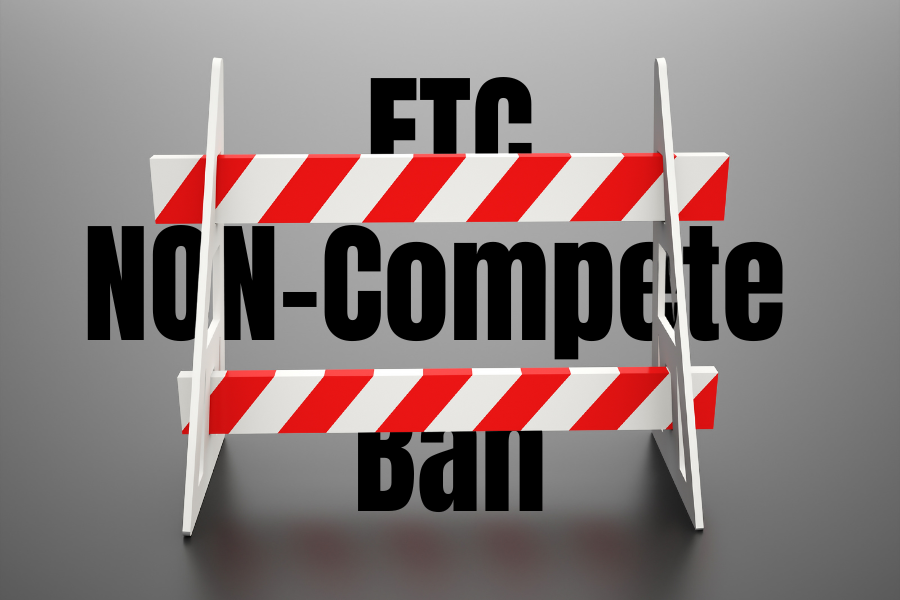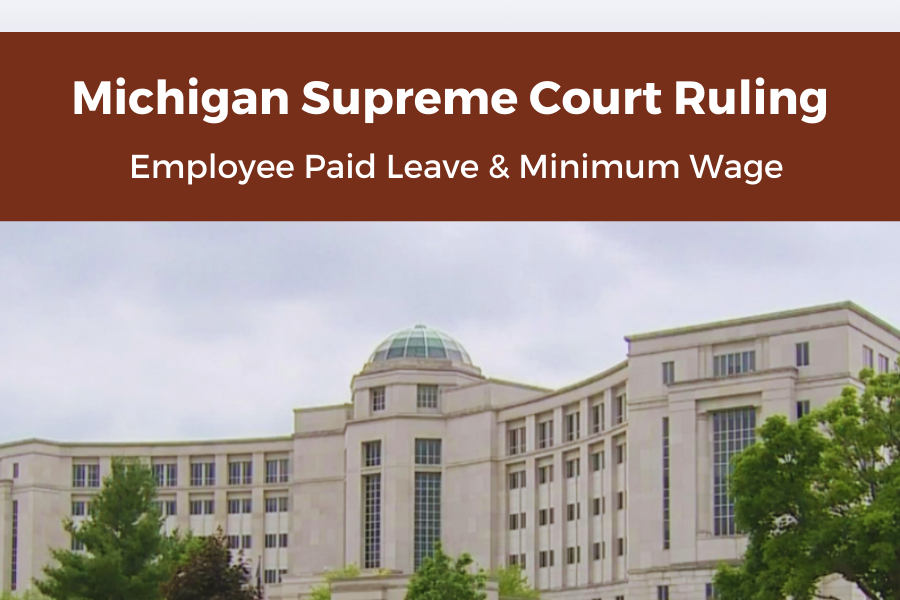By Stephen A. Hilger
This is Part 1 in a 20-part series of articles dealing with issues of arbitration in the construction industry.
The question of whether to arbitrate or litigate disputes comes up fairly frequently in the construction industry. From my humble perspective, with respect to construction disputes, there are very few circumstances where I would choose litigation over arbitration. Why?
Choice of Decision Maker
With arbitration, in general, you pick the decision maker(s) as opposed to being assigned a judge through a blind draw in the court system. That level of arbitrator selection may range from picking from a list under the American Arbitration Association Rules to hand picking a blue-ribbon panel of arbitrators or even a single arbitrator through private arbitration. If you are assigned a judge through the courts, you may end up with a judge who does criminal proceedings in the morning, divorce proceedings before lunch, and then handles your complex construction law dispute in the afternoon, in 15-minute increments, along with multiple other disputes in what looks to an outsider like a giant cattle call. Unless your contract provides otherwise, you may also be in the unlucky position to try your complex construction disputes to a jury.
Control of Schedule
If you choose litigation over arbitration, you have very little control over your schedule. The judge may impose a schedule which you are bound to follow regardless of the circumstances of either the case or your personal life. You may also be unlucky enough to end up on a rocket docket where the court accelerates your proceeding through the court system. By contrast, in arbitration, you generally pick the date of the hearing, within reason. Absent any obvious delay tactics, an arbitrator is much more likely to work with your schedule.
Location of Hearing
To some extent, you control where the hearing will take place.
Control of Proceeding
To some extent, you control the proceedings.
Timing of Decision
The decision of which approach to use is generally made at the contract negotiation level, while the parties still love each other and before they become embroiled in a nasty disagreement.
Fast Resolution
In arbitration, there is generally no appeal. While a party can attempt to vacate the award, that process is very seldom granted. Accordingly, there is a quicker end to the dispute.
Less Expense
Arbitration can be quicker and less expensive unless the arbitrator allows the process to get out of hand. While you have to pay arbitrators, and you do not pay judges, in the balance, you will likely still be better off in arbitration.
Decision Maker with Experience in Construction
No one can expect a trial judge to be an expert in construction law. A seasoned arbitrator-attorney, who has practiced construction law for many years, is much more likely to understand the subtle nuances of the many aspects of construction law. The likelihood is that a seasoned arbitrator will give a better, more correct decision. As a result, arbitration affords better control over the process and the outcome.
All of these factors need to be taken into consideration when deciding whether to arbitrate or litigate a dispute.
Attorney Stephen Hilger is engaged in complex commercial litigation with an emphasis on construction law, has tried many cases in multiple state courts, and has appeared in several state courts of appeal, the Michigan Supreme Court, United States District Courts, United States District Courts of Appeal, the United States Supreme Court on cert, and multiple arbitration tribunals across the country.










